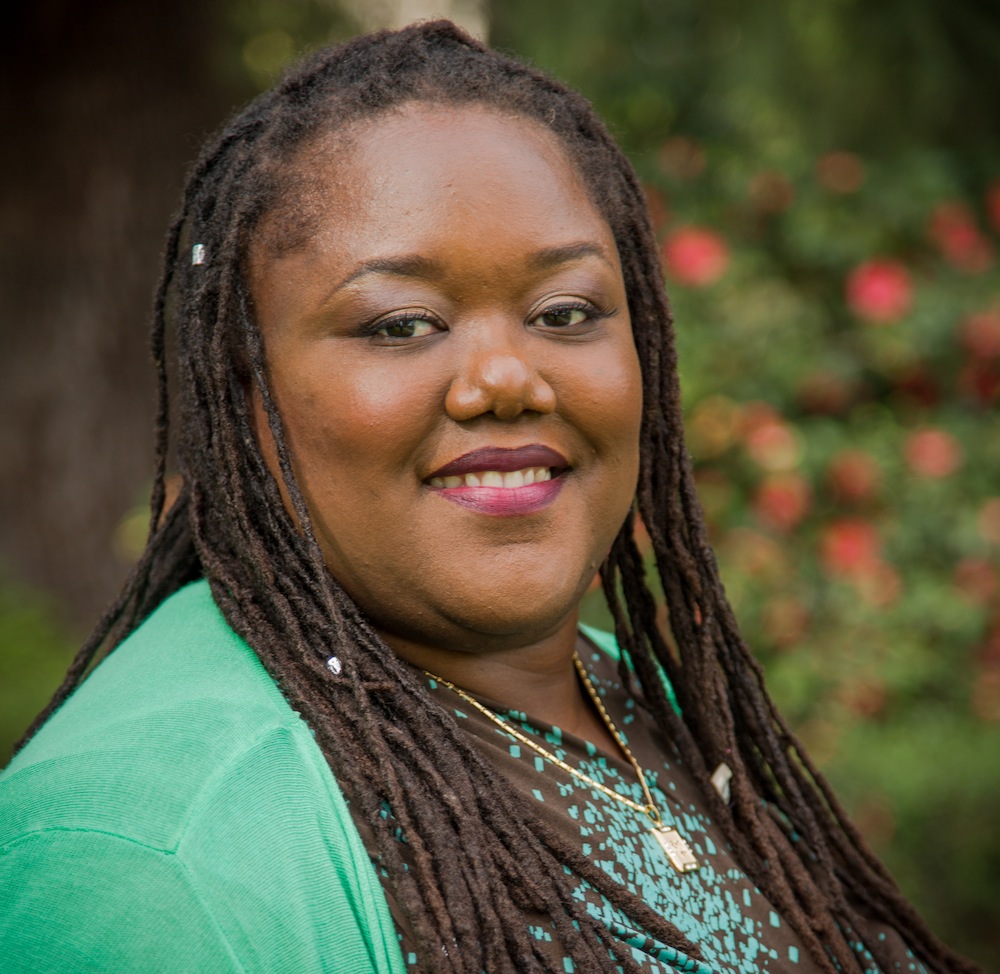
In the beginning of their marriage, Dr. Jameelah Medina described her husband as an “ideal partner.” She thought his extreme jealousy and possessiveness was normal, and even proof of his love for her. Eventually, however, the emotional and verbal abuse she was suffering at the hands of her husband turned physical. He would strangle, push, slap and beat her, and then force himself on her sexually.
“Not until years after I ended the marriage did I recognize that my ex-husband frequently sexually assaulted me,” says Medina, who goes by Dr. Jameelah. She believed back then in the misconception that a person can’t be raped by his or her partner. She says now that what she once thought of as just sex after his beatings “was rape, regardless of me being his wife.”
An often-overlooked statistic tells us that 28% of rapes are committed by an intimate partner. During Domestic Violence Awareness Month, RAINN supports survivors and raises awareness for this underreported side of sexual assault. RAINN Speakers Bureau member Jameelah Medina talked to us about overcoming intimate partner violence and sexual assault within a relationship.
Dr. Jameelah eventually was able to leave the abusive relationship, although she acknowledges that leaving is often an extended process for people who are escaping violence. The National Domestic Violence Hotline estimates that most survivors attempt to leave seven times before succeeding, and Dr. Jameelah says that “what looks like staying is often the long and dangerously difficult process of leaving.”
Through therapy and many informative self-help books, Dr. Jameelah began to realize that she could use her awful experiences for good: to highlight intimate partner violence, and to help others. “It was a way to take my power back,” she says of beginning to speak out about her abuse. She says she also uses a kind of self-affirmation to remind herself of her own power to heal old wounds. Every day, she looks into a mirror and tells her reflection, “You won. You're still here. You've survived and you are thriving.”
To those who are struggling with abuse committed by an intimate partner, Dr. Jameelah says, “It is not your fault, no matter what lies they tell you. You did not ask for it nor do you deserve it. Your past does not make you any less than anyone else. You are worthy of safety and love. No matter what you have been told, you are not alone.”
For help with intimate partner violence, contact the National Domestic Violence Hotline at 1−800−799−7233. Help with sexual assault issues is available 24/7 through the National Sexual Assault Hotline: 800-656-HOPE and online.rainn.org.
For more information about intimate partner violence, visit thehotline.org or check out more resources on rainn.org here and here.